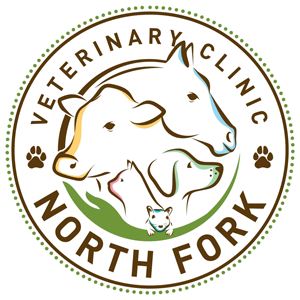What Are Core Vaccines?
According to the AAEP, core vaccines are those that:
- Protect against diseases that are endemic to a region.
- Have potential public health significance.
- Are required by law.
- Have a demonstrated efficacy and safety profile.
- Pose a significant risk of severe disease with high mortality.
The AAEP has identified five core vaccines for horses:
- Eastern Equine Encephalomyelitis (EEE)
- Western Equine Encephalomyelitis (WEE)
- West Nile Virus (WNV)
- Tetanus
- Rabies
A Closer Look at Each Core Vaccine
1. Eastern and Western Equine Encephalomyelitis (EEE/WEE)
These mosquito-borne viruses cause severe inflammation of the brain and spinal cord. Mortality rates are high—up to 90% for EEE and 50% for WEE. Vaccination dramatically reduces the risk of infection and is crucial, especially in warm, wet regions where mosquito populations thrive.
2. West Nile Virus (WNV)
Another mosquito-transmitted virus, WNV causes neurologic disease in horses. Symptoms range from mild incoordination to full paralysis and death. Since the introduction of WNV vaccines, the incidence of the disease has significantly decreased. However, annual boosters remain essential, particularly before mosquito season begins.
3. Tetanus
Caused by Clostridium tetani, tetanus spores are widespread in the environment and can infect horses through wounds or surgical sites. Horses are especially sensitive to the tetanus toxin, which leads to severe muscle stiffness, spasms, and often death. The tetanus vaccine is highly effective and should be administered annually, with additional boosters after injuries or surgical procedures.
4. Rabies
Rabies is a universally fatal viral disease with serious public health implications. Horses can become infected through the bite of a rabid animal, such as a raccoon, skunk, or bat. Rabies vaccination is not only a core recommendation—it is also legally required in many states and crucial for protecting human handlers as well.
Why Core Vaccinations Matter
- Individual Health Protection: These diseases are often rapidly progressive, painful, and fatal. Vaccination is the best line of defense.
- Herd Immunity: A high rate of immunization reduces the overall presence of disease in the population, decreasing risk to all horses.
- Human Safety: Diseases like rabies pose a serious risk to humans. Vaccinating horses helps prevent zoonotic transmission.
- Economic Considerations: The cost of treating these diseases—if treatment is even possible—is far higher than the cost of annual vaccination.
- Legal and Ethical Responsibility: In many cases, core vaccines are required by law or mandated by boarding, training, and competition facilities.
When to Vaccinate
Core vaccines are generally administered annually, though schedules can be adjusted based on local disease prevalence, climate, and individual risk factors. In foals, the initial series begins at 4–6 months of age, followed by boosters. Pregnant mares also require tailored vaccination protocols to protect both the dam and foal.
Conclusion
Core vaccinations are not optional—they are a vital component of basic equine health care. By adhering to AAEP guidelines, horse owners not only protect their own horses but also contribute to the broader welfare of the equine community and public health at large. Partnering with your veterinarian to establish a consistent vaccination program is one of the simplest and most powerful ways to ensure a long, healthy life for your horse.
Need Help with a Vaccination Plan?
Contact your veterinarian today to schedule core vaccines and discuss additional risk-based vaccinations tailored to your horse’s lifestyle.

